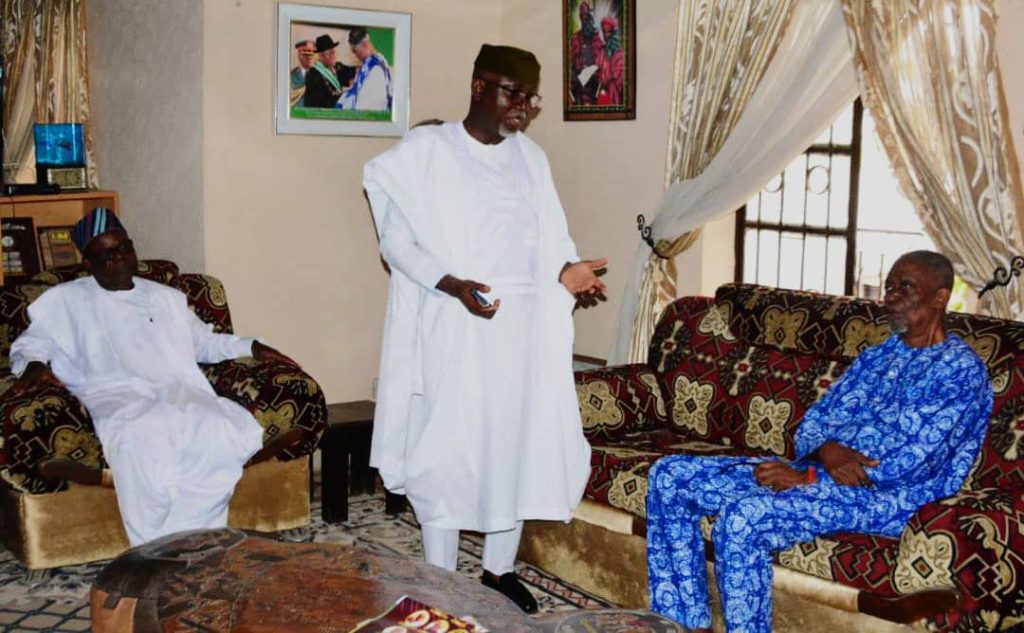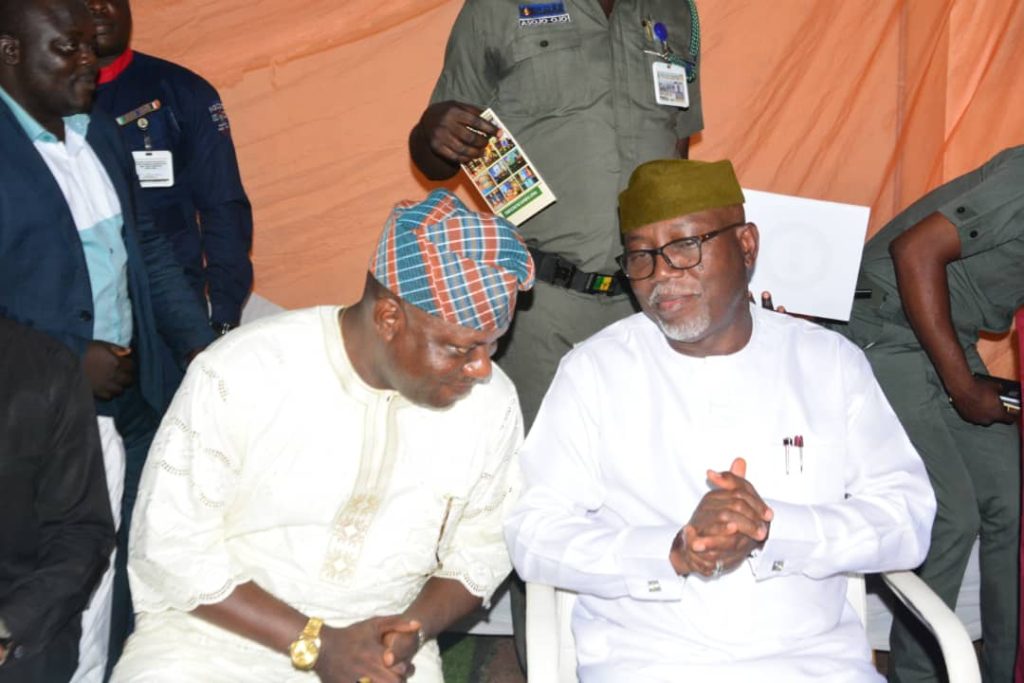Towards a Better Nigeria (8)
… Reforming the civil service
Nigerians are looking up to the President-elect, Asiwaju Bola Tinubu to make a great impact on the governance of the country. They, of course, believe that he has the capacity to achieve his renewed hope agenda, the basis of his campaign promises.
FOR him to achieve this lofty goal, he needs a loyal, well informed, broad minded and ethical bureaucracy to execute his programmes. This is because the civil service is the power house of the country’s administration and requires a virile and highly professionals to run it. Civil servants are the nerves of any administration on whose neck lies the success or otherwise of any administration. They have the onerous responsibility of executing government’s policies and programs.
THE impacts of government’s policies and programs on citizens are determined by whether such policies are well executed or shoddily done.
THUS, as a machinery for the delivery of good governance, the civil service deserves attention. There is also the need for the government to apply vigorous measures at making it a truly enduring and supportive institution. This is where the issue of civil service reform becomes imperative.
WE recall that successive governments had made attempts at reforming the service by setting up panels. It began with the Morgan Commission of 1963; followed by the Adebo Commission of 1971, the Udoji Commission of 1972-74, the Dotun Philips Panel of 1985 and the Ayida panel of 1994. The recent reform proposals was made in 2009 by the then Head of the Civil Service, Stephen Oronsaye. But despite these reforms, the civil service has not been in a position where it can discharge its functions irreproachably.
IN its glorious years, the civil service was a great stabilising factor in governance. It has produced technocrats of repute like Alison Ayida, Augustus Adebayo, Ladipo Adamolekun among others. Civil servants guided new public officers, such as ministers, on their duties. They also checked their excesses. But over the years , civil servants have deviated from their stabilising role in governance, and gradually became the breeding ground for many societal ills. Instead of guiding fresh public officers on how to effectively perform their duties, some civil servants have cut the notoriety of mentoring the younger ones how to soil their fingers. They taught them how to exploit or create loopholes in the laws of the land to amass wealth for themselves.
AN otherwise upright public officer would succumb to the pressure from civil servants to be corrupt if he does not guard his values jealously. In the end, most public officers lose their integrity to the pressure of civil servants who then benefit immensely from the consequence. To make the matters worse, Speaker of the House of Representatives, Femi Gbajabiamila recently indicted the civil servants of teaching the public officials how to steal.
TODAY, many civil servants are among the richest Nigerians, acquiring choice property at home and abroad. We recall that Mr. Abdulrasheed Maina, former boss of Pension Reform task force, was sentenced to eight years imprisonment for laundering over N2 billion pension fund.
APART from directly stealing from the treasury, they also steal from the citizens, by deliberately causing delay and loss of opportunities; by demanding bribes to perform their statutory duties, including taking a file to a superior officer, awarding contracts or granting access to their superiors.
THUS, to return the civil service to the path of honour, there must be value re-orientation. The civil servants must imbibe the virtue of contentment. They must learn to live within their legitimate incomes. They must not forget that they are occupying offices meant to serve the people. They must not use these offices to immerse the people they are meant to serve.
THE top civil servants have a role to model good conduct. Their character must be exemplary such that those working under them would nurse no doubt that a moral pattern has been set for them. The permanent secretaries cannot expect those working under them to make judicious use of available resources when they (civil servants) can see that their superiors are misappropriating official funds. It is only when the permanent secretaries are disciplined that they can enforce discipline among the civil servants.
THE President-elect has left no one in doubt as to his readiness to turn around the routines of Nigeria. It is therefore imperative for the civil servants to align themselves with his vision . Prudence and integrity must be the watchwords in the performance of their duties so that enough resources can be freed to improve the well-being of the citizens. They cannot perpetuate a culture of impunity, profligacy and ostentation at a time when the nation is broke .
WE encourage the president elect to embark on a massive training of the civil servants. This we believe would make them be compliant with the best global practices.
ASIWAJU Tinubu should also look at Oransaye report on the civil service reform with the hope of merging those ministries whose duties overlap the other and redeploy civil servants into areas where they will be useful.










